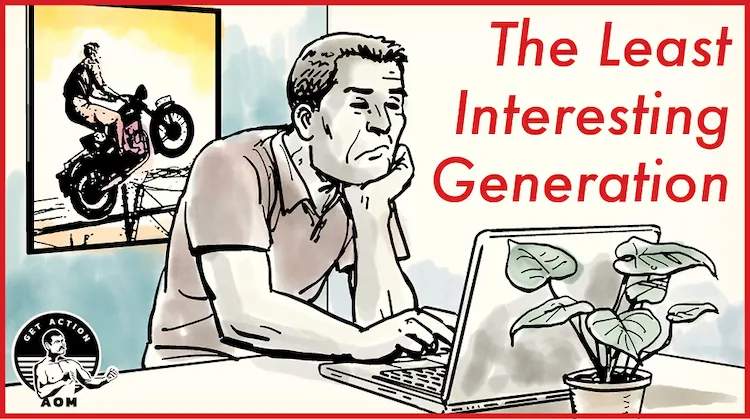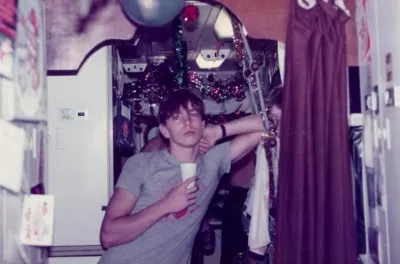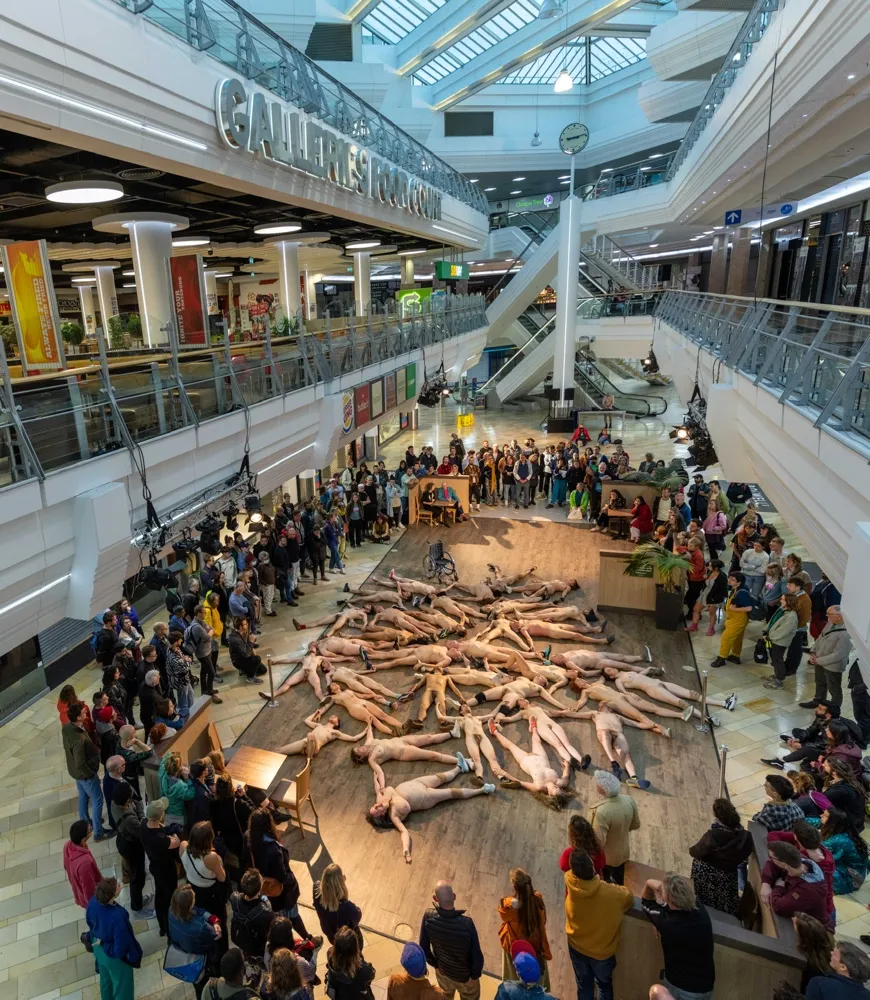The Spirit of Adventure
What happened to the spirit of adventure that encouraged young men to go out into the world?
The Art of Manliness (AofM) had a piece about how the lives of men in the early 20th century were different from those of young men who came of age in the 21st century. Young men of old got some living done before they found their calling while young men of today go straight from school to university to a job. Journalists and novelists too.
How do they know what to write about?
The Art of Manliness article begins with vignettes of some famous men whose early lives were different from yours.
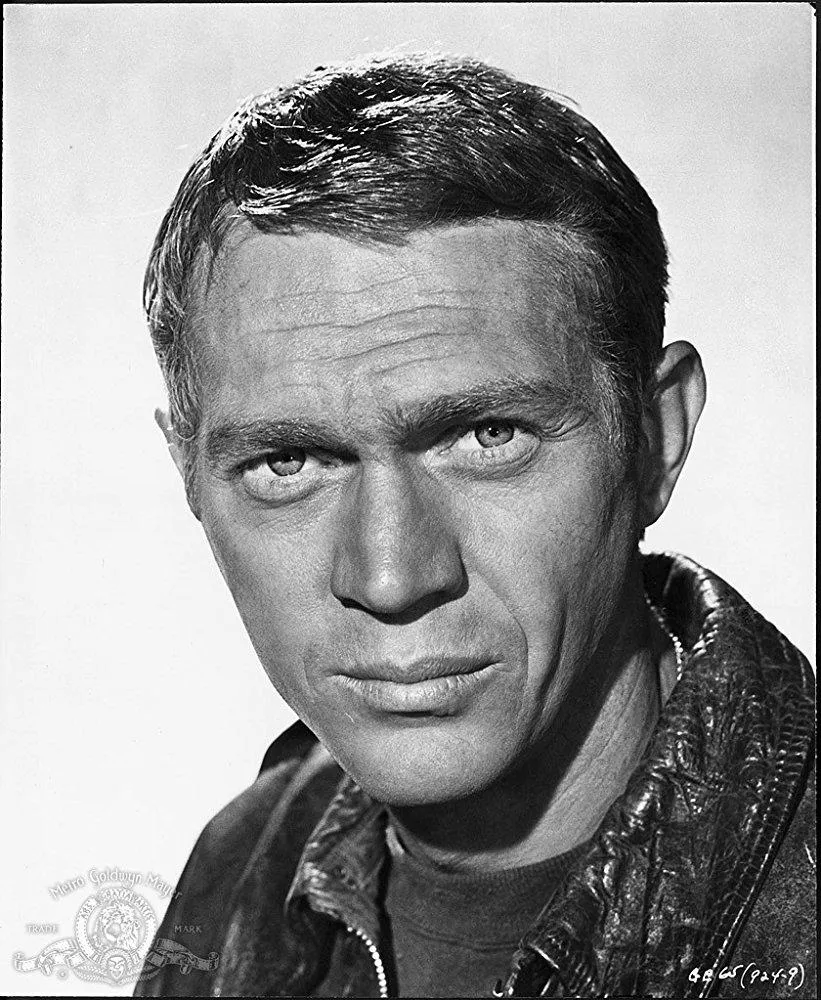
Before Steve McQueen’s 18th birthday, he had worked on a farm, joined a circus, sold pens at a traveling carnival, hitchhiked and rode the rails across the country, worked as a lumberjack in Canada, labored on a chain gang in the Deep South (punishment for the crime of vagrancy), served a short (and illegal — he was underage) stint in the Merchant Marine, and joined the Marine Corps for a three-year enlistment. After getting out of the service, the newly-minted veteran moved to New York City, where, as reported in Steve McQueen: In His Own Words, “He handcrafted sandals, lugged radiators out of condemned buildings, loaded bags in a post office, ran errands for a local bookie, recapped tires in a garage, sold encyclopedias door-to-door, made artificial flowers in a musty basement, sold pottery in a large department store, and repaired television sets.” Before he finally found success as an actor, McQueen would also drive and repair taxi cabs, sling drinks as a bartender, and try his hand at laying tile.
Steve McQueen finally settled down to become one of the greatest actors of the 20th century.
Sean Connery has a similar backstory…
Royal Navy at 16, milkman, lifeguard, truck driver, labourer, and artist’s model.
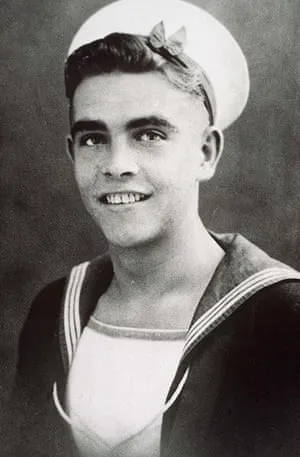
Jack London too…
Worked in a cannery, electrical plant & laundry; taught himself to sail; was an oyster pirate; was arrested for vagrancy; sailed the Pacific on a seal-hunting schooner, and went to the Klondike in search of gold.
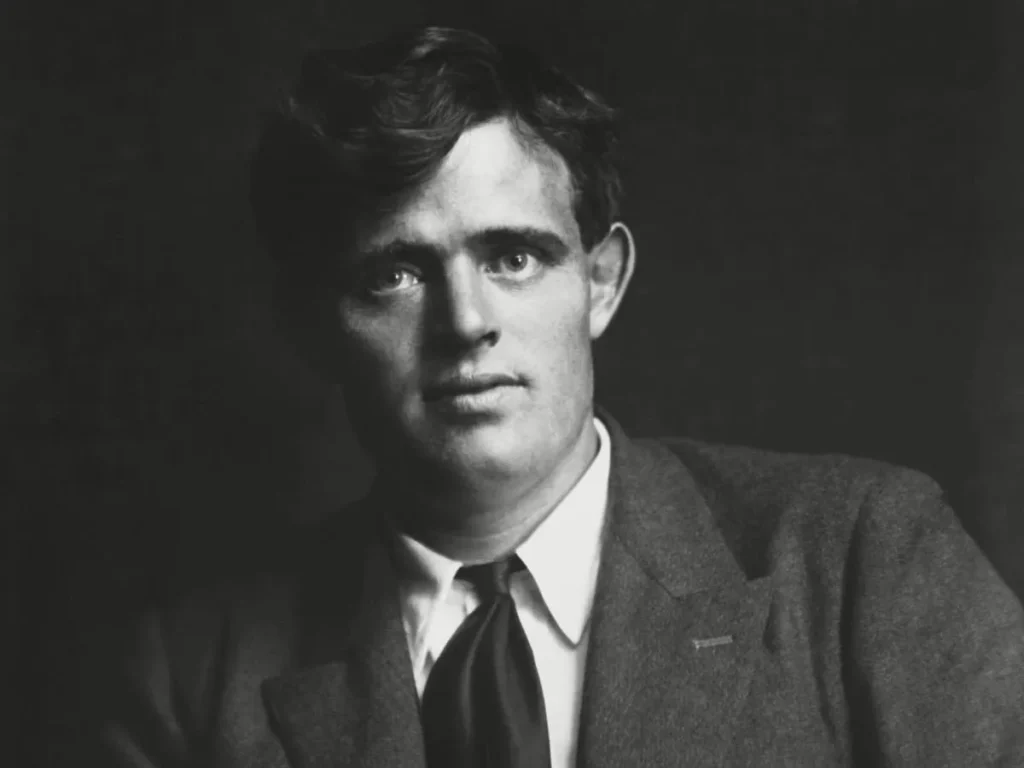
…and Paul Newman and Earnest Hemingway and Ralph Elison. They all have stories to tell about the lives they lived before they became famous.
Like Sean Connery, I joined the Royal Navy at 16. I sailed to the Falklands at 18. I patrolled the ocean on a Polaris submarine at 21 and left the Navy as a Midshipman at 22. My next job was fixing radios on planes and repairing satellite navigation on oil tankers all around Europe. By the time I was 24, I had backpacked around the world and started my second career as a software engineer. I’ve lived in four countries, four states, thirteen cities and fifteen towns. I’ve worked on Wall Street, in Silicon Valley and the City of London. I am a restless soul and I hope I have not reached the end of my journey yet.
The gist of the Art of Manliness article is that, up until about 30 years ago, smart people had options at the end of high school that didn’t involve spending 4 years at college followed by 30 years climbing the greasy pole. Millennials feel they no longer have those options and adventures are discouraged. What changed? How did this happen?
My daughter told me that, for someone of her generation, university is compulsory or your life is screwed. But back in the day, when I was top of my class, Corrine, Alison, Karl and Roger went to Oxbridge but I joined the Navy to do an apprenticeship. Leslie joined the Coldstream Guards, Ruth became a nurse and John and Sean went to work in the financial district in London. Financial traders in London back then would hire you at 18 if you were smart enough but none of this can happen these days because no one will hire you without a degree.
Did the jobs all get harder, or did the employers all get lazy about finding smart eighteen-year-olds?
The second big difference is that parents are so protective now. Back then, kids used to slip out after breakfast and had to be home “before the lights come on”. These days, kids are not allowed to leave their front gardens — not that they would want to when there are video games to be played.
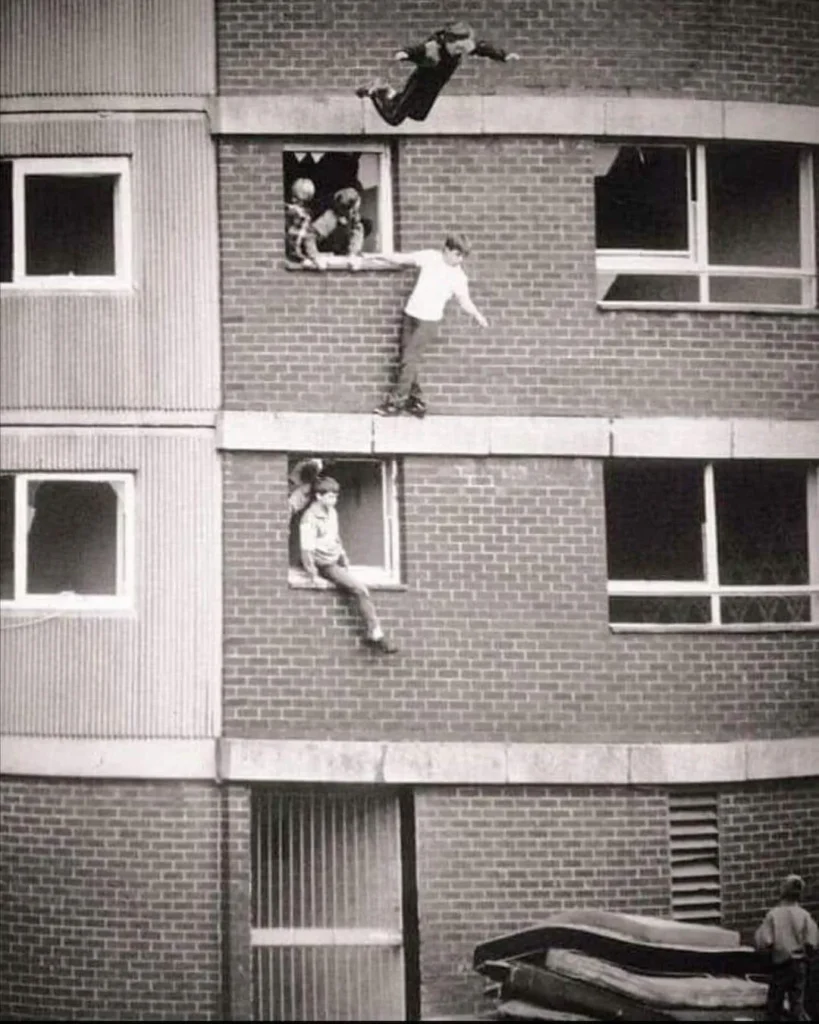
The laws don’t help.
it’s child neglect to leave a minor under 14 years of age “without supervision for an unreasonable period of time without regard for the mental or physical health, safety, or welfare of that minor.”
Almost everyone who went to school in the 1970s came home to an empty house. I forgot my key once when I was seven and shinned up the drainpipe to climb in the bathroom window. Your parents would be arrested now if you did this in Chicago.
I got a Red Bus Rover ticket when I was ten and toured London with Matt, my eight-year-old neighbour. One time, my mum made fun of me when I wouldn’t go to the doctor on my own when I was ten. She called me a big baby.
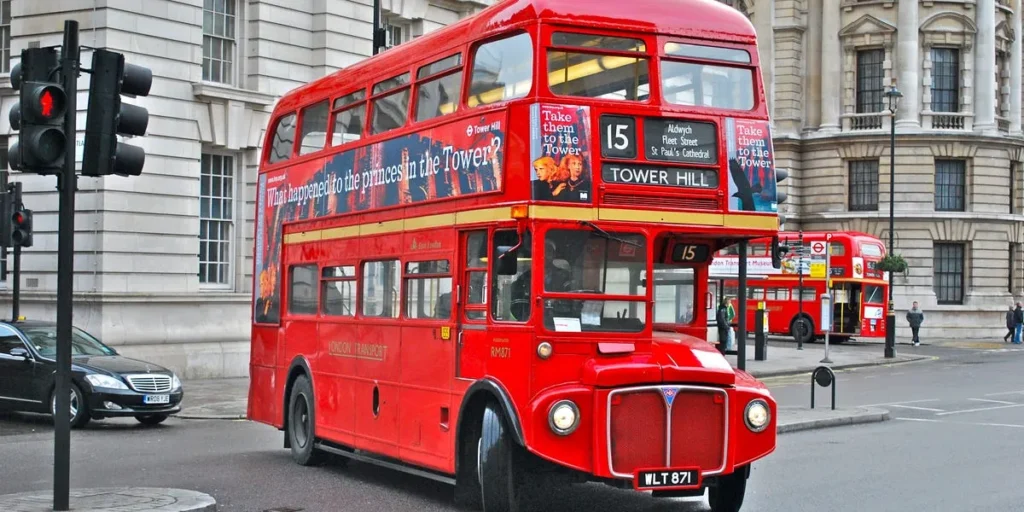
I was in The Three Tuns recently talking to two blokes who were in Bristol to work on a building site. The older bloke was about my age and we took turns to tell little stories of our youthful adventures around the world. The other bloke was in his twenties and he just stood open-mouthed the whole time. He said adventures like these weren’t possible anymore.
I think it’s a great shame. I think adventures like ours made it easier to get on with living life in a way that younger generations have missed out on. I wonder if those freedoms will ever come back.
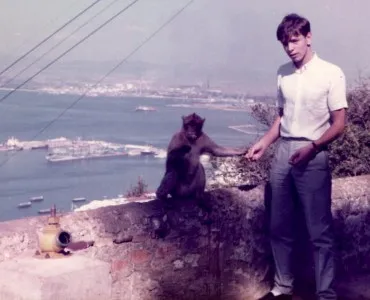
If you are not tired of hearing my adventures, there are more stories here:

